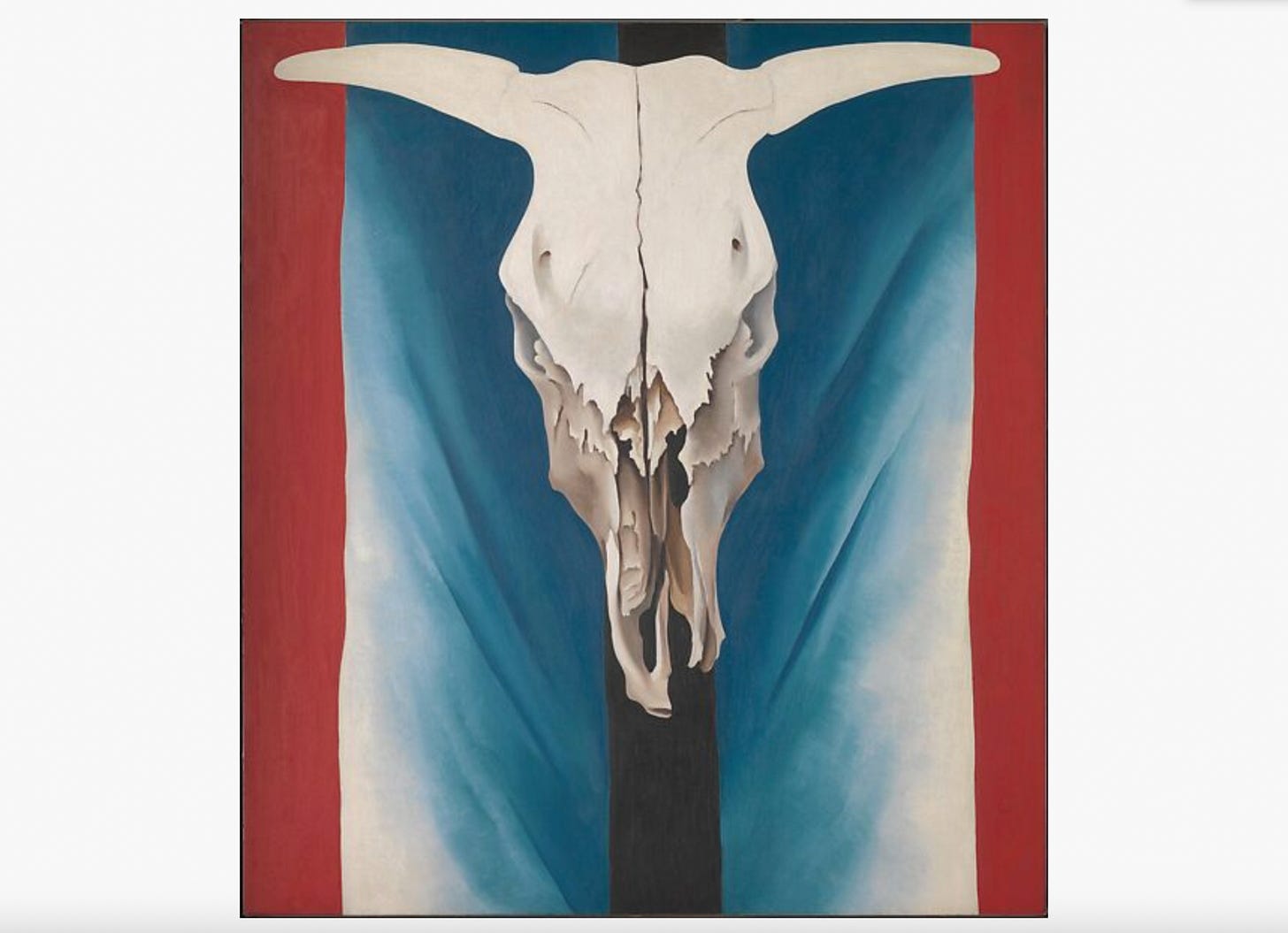Return of the Red Heifer: b.Avodah Zarah 23-24
Where we buy a very special cow for a very special price

The two pages we discuss today take away some (but not all) of the sting of p. 22’s xenophobic accusation of perversion toward animals. They provide a set of circumstances in which people are allowed to sell animals to foreigners and be alone with them. I don’t want to get into the details—they are archaic and some are loathsome—except to say that the contradictions between those who allow and those who forbid these things are explicitly presented as a difference of opinion. One wonders to what extent the issue of coexistence was disputed in the broader society within which this relatively isolated circle of scholars was talking, and how much their opinions—which are, after all, based on a mishnaic text embedded in the Eretz Israel experience—reflect the general views in Babylonia, where the surrounding world is all foreign/gentile.
The issue of selling animals is a gateway to yet another discussion of the red heifer which, as I’ve mentioned before, is something that some modern messianic aficionados are trying to put into actual practice in the 21st century (ack!). This very special heifer has very special rules attached to it: it cannot bear any burden or do any labor. Is there a risk that purchasing such a heifer from foreigners taints it, because of concern that the animal was put to work or abused? Some of the sages think that foreigners know how valuable the animal is to the Jewish buyers, and therefore will resist their wicked inclinations and keep it pure. Others are still concerned. By comparison to the heifer, which is expensive, there is more concern for tainting regarding other sacrificial animals.
A more gentile-friendly tale comes from Shmuel: once, the Jews wanted to buy precious stones from a gentile, to decorate the High Priest’s vest. The stones were in a chest, and the key to the chest was under the pillow of the seller’s father, who was asleep. The son decided to forego the deal, so as not to disturb his dad’s sleep.
Another year, the same guy had a red heifer in his herd; when Jews came to buy it, he said, “I know you’ll pay a tidy sum for this, but all I want is the profit I lost when I let my dad sleep.”
There’s also a reminder that Jethro (who was a Midianite) gave the Israelites cattle for sacrifices. How does this square with the prohibition to obtain sacrificial animals from foreigners? Some explain that this incident occurred before the Torah was given; other say that, even if it followed the Sinaitic reception of Torah, Jethro had purchased the animals from the Israelites.



